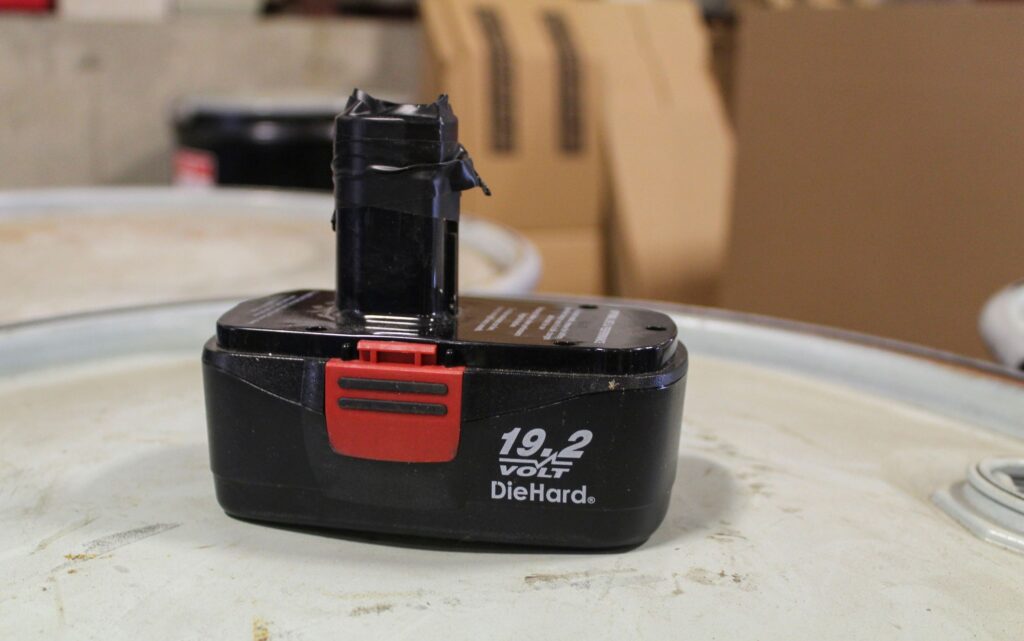We use batteries on a daily basis at home. In portable electronics like your phone, in the vehicle in your garage, in the smoke detector, your watch – the list goes on. However, we don’t think too much about these electronic marvels until they stop working, then it’s either time to recharge them or replace them with fresh batteries. But once you’ve got that battery out, what do you do with it? You can dispose of household batteries, but not all can be disposed of at home. Know the differences and the dangers.
What Makes a Household Battery Hazardous?
The major reason batteries can be dangerous is two-fold. First, batteries can contain harmful chemicals and materials (such as lead, mercury, acids, etc.), and second, under certain circumstances, they can catch fire. We’ve all heard of lithium batteries catching fire due to changes in pressure or stresses, or expanding due to off-gassing chemicals. Both of these combined means many batteries can pose hazards in a home – including when they are thrown in the trash.
Types of Household Batteries
There are a staggering array of batteries you can find in many households. Below are common features of each, but make sure to read the labels on batteries and packaging for specific details and exceptions to these rules.
- Common Non-Rechargeable Batteries: Most common in the US are alkaline batteries. While safe to dispose of in the trash, they can leak potassium hydroxide once they lose charge. This can damage materials and burn skin, so inspect batteries before handling them.
- Common Rechargeable Batteries: Most are made out of Nickel-cadmium and are sometimes referred to as NiCads. They contain the hazardous heavy metal cadmium, so special measures need to be taken when disposing of them.
- Portable Electronics (Lithium-Ion): For high-grade electronics, lithium-ion batteries can come in custom battery packs or resemble traditional batteries. As mentioned above, lithium-ion batteries can react to shock and water, causing fires and damage, so do not throw them in the trash.
- Automotive Batteries: Due to their sheer size and the materials involved (commonly lead and sulfuric acid), auto batteries need to be disposed of at special facilities – not the trash. Check your local auto store to see if they take used batteries.
- Specialty Batteries: There are many other batteries you might have, like button batteries for hearing aids or watches (which contain mercury) or power tool batteries. Many of these batteries can be returned to their specialty stores, but otherwise, read labels before disposing of.
When You Can Dispose of Household Batteries at Home
Again, always read the labels. This is a good option for both disposing of and purchasing fewer household hazardous products. If unclear from the label, do an online search of the battery or product it came with for more information. Generally, non-rechargeable batteries made in the last decade are safe for household disposal, while rechargeables are not. All automotive products (including oil and antifreeze) need to be disposed of at a facility. See our blog, Everything You Need to Know About Hazardous Battery Disposal, for more details.
Navigating which batteries can be disposed of where and finding the right facilities can be tricky. It’s why at NEDT, we make hazardous battery disposal easy with our one-stop Collection Centers, providing quick and safe service for all your needs, including a pickup service! Contact us today to learn more, including everything else you can bring in on your trip! You can also call us at 866-769-1621.



Leave a Reply